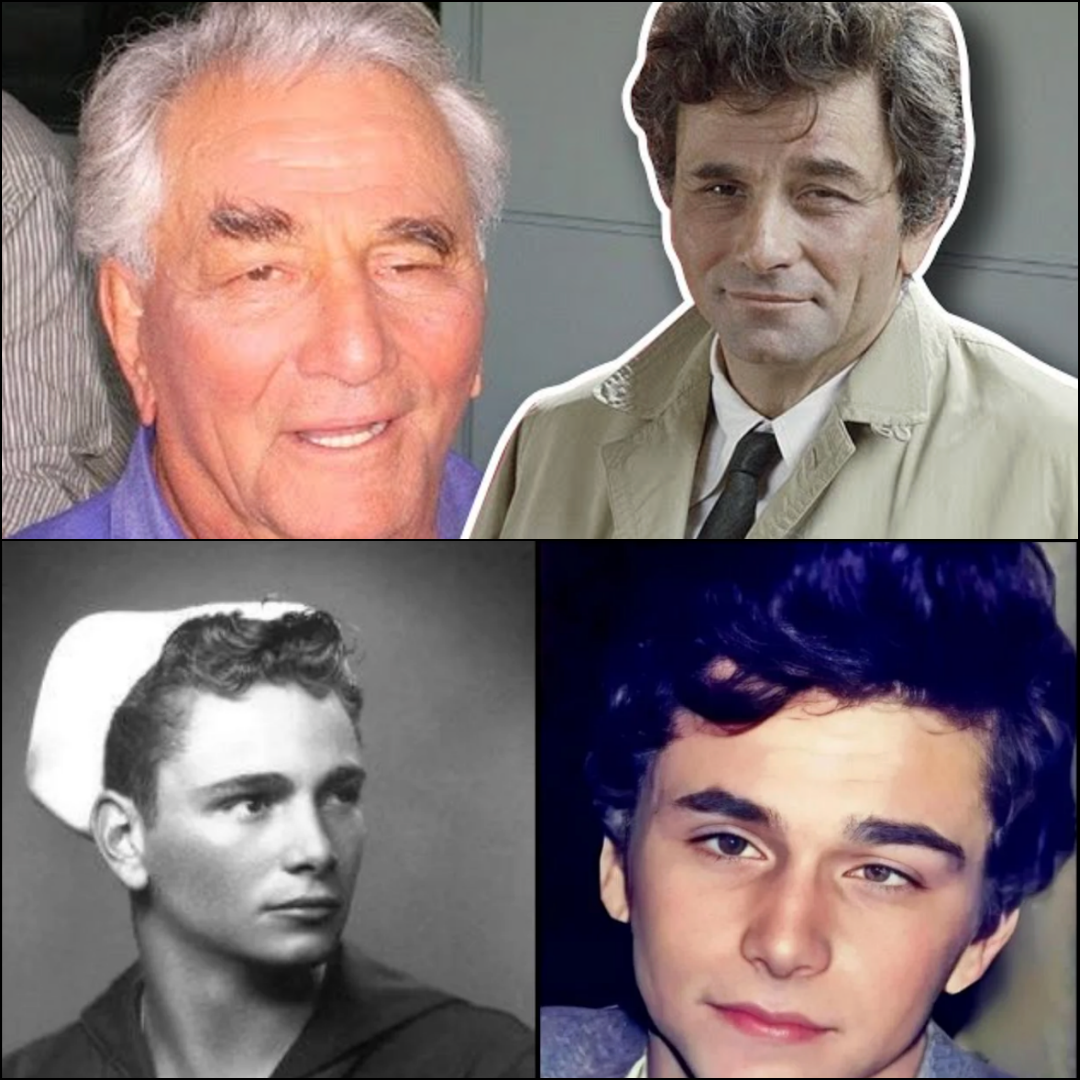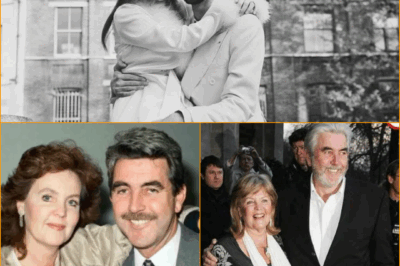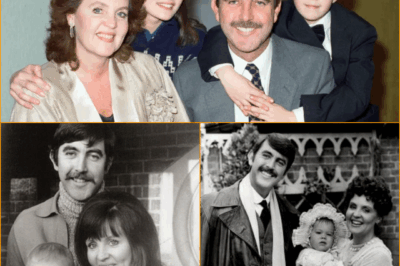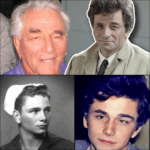Peter Falk didn’t fight for a perfect face — he fought for a place in a world that said he didn’t belong. At the age of three, he faced darkness: losing an eye to cancer, a stolen childhood, and a lifelong reminder of fragility resting in the curve of a glass eye. Doctors saved his life, but Hollywood tried to take his dreams.
From the very beginning of his acting journey, Falk was rejected because of his appearance. A studio executive bluntly said, “For the same money, I can hire an actor with two eyes.” But where others saw a flaw, fate saw character. “I never felt handicapped,” Falk later said. “I never believed the world owed me anything — I owed it a fight.”

And so he fought. Falk worked ordinary jobs — balancing books, auditing budgets — tasks that don’t make headlines but build resilience. At twenty-six, with a scar glinting under the stage lights and stubborn determination, he entered an acting class. When doors slammed, he pushed through. When they laughed, he rehearsed harder. When dismissed, he responded with performances that demanded attention.
Then came Columbo — a rumpled detective in a cheap raincoat, shuffling, mumbling, apologizing, and leading to the truth. Lieutenant Columbo looked like someone you might ignore at a diner… and that was the point.
“The point was to make him harmless,” Falk said, “because real danger doesn’t announce itself.”
The raincoat? His own. The squint? His real life. The legendary line — “just one more thing…” — never in the script. He built Columbo the same way he built his life: with intuition, humor, and gentle persistence, eventually trapping every suspect and silencing every doubter.
Falk didn’t just play Columbo — he understood him. Both men were underestimated. Both pretended not to notice. Yet both always observed everything.
He transformed what the world called a defect into a signature. That slightly off-center gaze wasn’t a weakness — it was truth. Imperfect, human, persistent truth. “Perfect is boring,” he once joked. “Imperfect is where the story lives.”
And that is why Peter Falk endures.
Not because he looked like a hero — but because he didn’t. He walked into a dazzling world built for perfect faces and rewrote its rules without raising his voice. Every “no” he heard became fuel, not failure. He taught us a simple life lesson: sometimes the person who seems quiet, overlooked, underestimated… is just waiting for the right moment to surprise you.
And when that moment came, he didn’t need two eyes to see his destiny clearly.
Just one more thing:
Your weakness isn’t always a wound. Sometimes, it is the doorway to everything you were meant to become.
News
56 YEARS TOGETHER — Pauline Collins & John Alderton, The Timeless Love of British Television
Pauline Collins and John Alderton are among the most beloved couples in British television history. Their partnership, both on and…
“I GAVE HER AWAY… AND FOUND HER AGAIN” — Pauline Collins’ Heartbreaking and Hopeful Journey Through Motherhood
Pauline Collins, the legendary British actress, is remembered not only for her remarkable performances on stage and screen but also…
TRAGIC MISTAKE! House Cleaner and Mother of 4 Fatally Sh0t After Showing Up at Wrong Indiana Address
Maria Florinda Rios Perez, a 32-year-old immigrant from Guatemala, died in her husband’s arms, her brother said. A cleaning crew…
‘Stuff of Nightmares!’ — Kelvin Fletcher Reveals Heartbreak After Fire Destroys Family Farmhouse
Kelvin and Liz Fletcher opened up about a devastating fire that destroyed their farmhouse. Former Emmerdale star Mr Fletcher and…
BREAKING: KELVIN FLETCHER’S WORLD SHATTERED! Devastating Fire ‘Roars’ Through Family Farm — Actor Makes Heartbreaking Announcement Leaving Fans in Tears
However, things didn’t exactly go to plan for the family as a horrifying blaze took place on their estate. Kelvin…
SH0CKING NBA REVELATION! Michael Jordan’s $70M Jet Isn’t Just Luxury — There’s a Hidden Strategy Behind It!
The NBA legend flew international in the best-looking plane on the planet perfectly fit for His Airness. See the new…
End of content
No more pages to load











